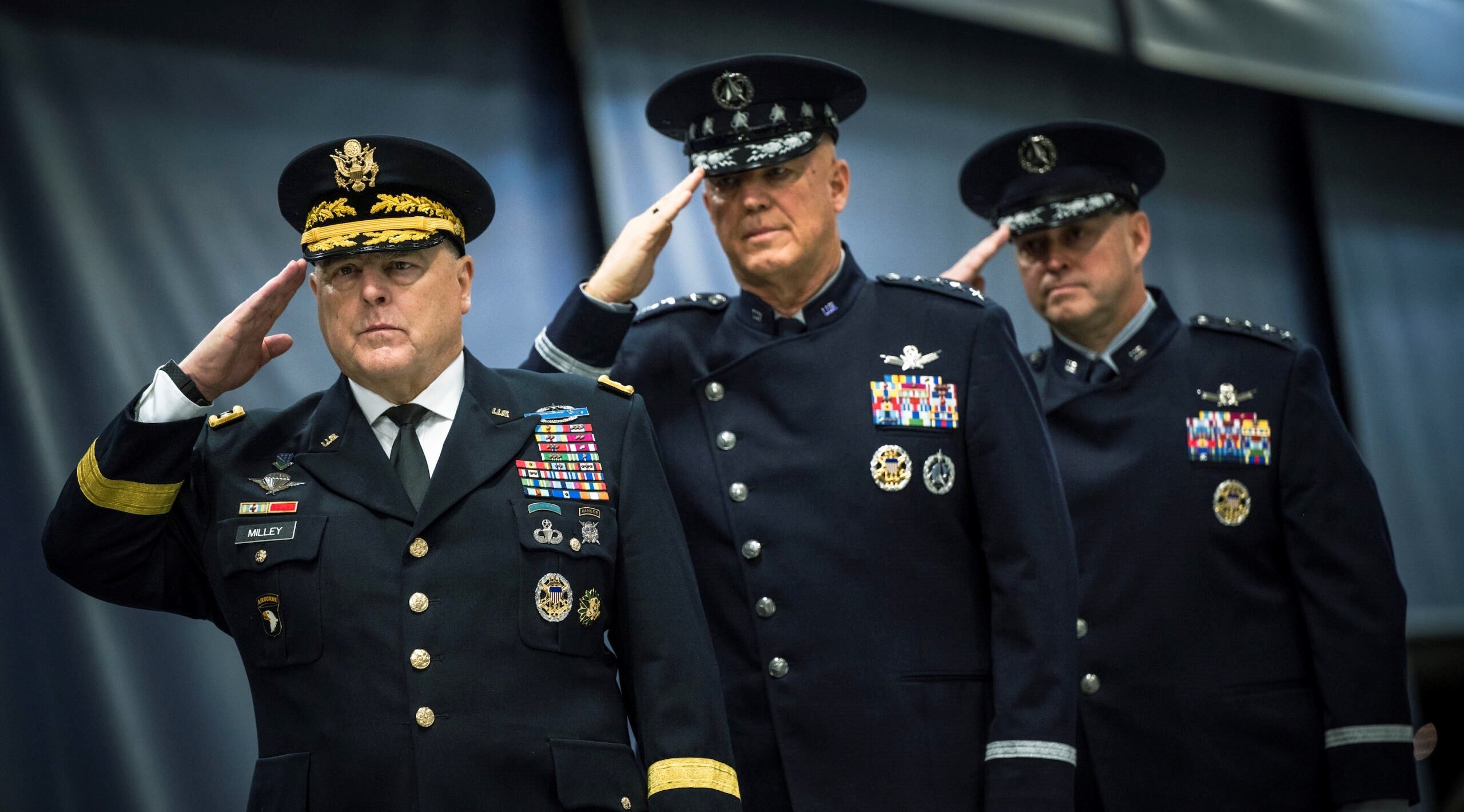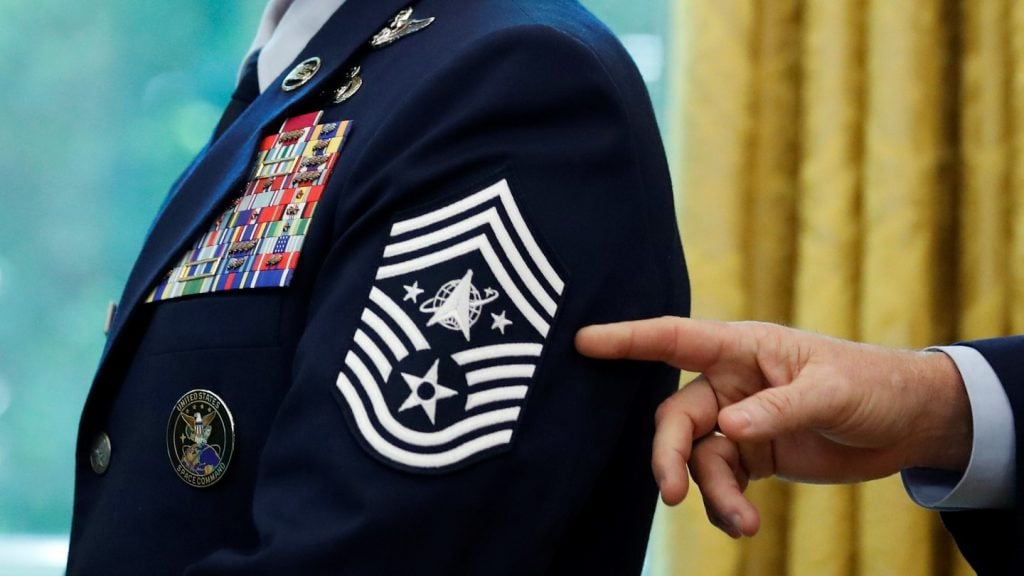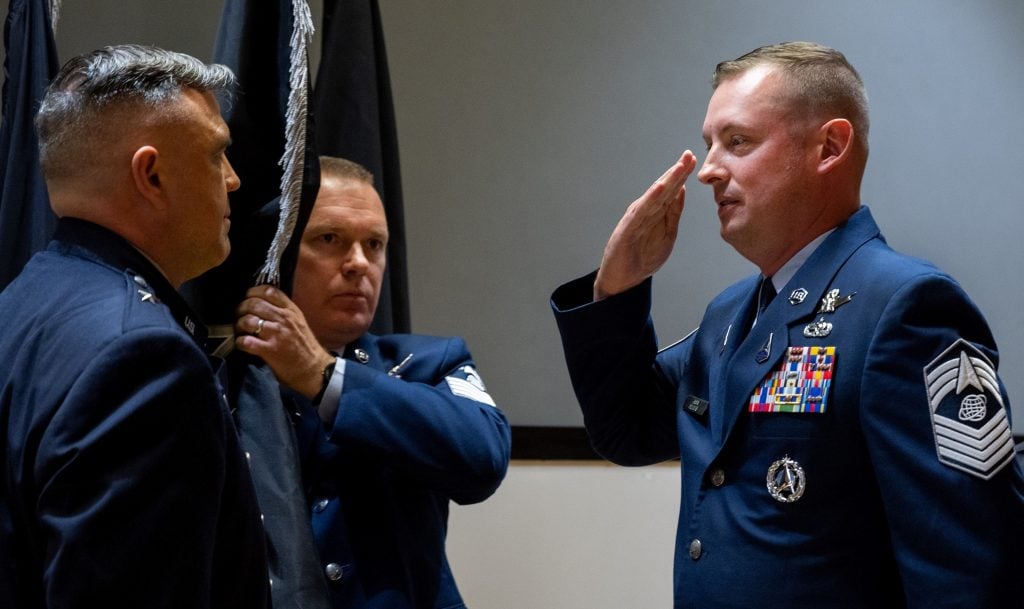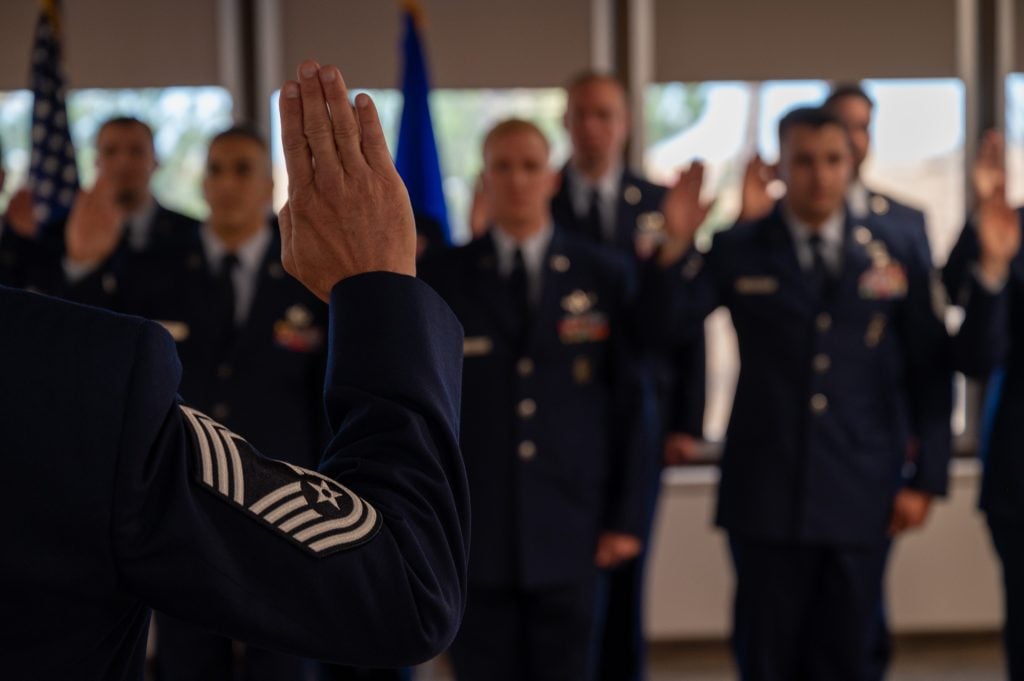The United States Space Force, established in December 2019, represents the latest branch of the U.S. military, focusing on operations beyond our atmosphere. As this new military branch continues to evolve, many aspiring candidates are interested in understanding what it takes to become an officer.
This article will delve into the top nine eligibility criteria for US Space Force officers, providing a comprehensive overview of the qualifications necessary to embark on this exciting career path.
Also Read | Top 5 US Air Force Bases for Joint Exercises
1. Age Requirements
Understanding the Age Criteria
One of the fundamental eligibility criteria for aspiring officers in the US Space Force is meeting specific age requirements. Candidates must fall within a designated age range to ensure they are physically and mentally prepared for the demands of military service.
- Minimum Age: Candidates can begin their journey at the age of 17, provided they have parental consent.
- Maximum Age: The upper age limit for applicants is set at 42. This aligns with the age requirements of several other military branches, such as the Air Force and Coast Guard.
Variations by Program
While the general age criteria apply to most officer positions, certain training programs have distinct age restrictions:
- Air Force Academy: Applicants must be between 17 and 23 years old.
- Reserve Officer Training Corps (ROTC): Candidates can apply if they are between 17 and 31 years of age.
This variation allows for a broader range of candidates to enter the Space Force, accommodating different educational and career paths.
2. Educational Qualifications
Importance of a Degree
A critical requirement for becoming an officer in the US Space Force is obtaining a bachelor’s degree. This educational foundation is essential for understanding the complex operations and technologies that officers will encounter.
- Preferred Fields of Study: Degrees in science, technology, engineering, and mathematics (STEM) are highly favored. Relevant disciplines include:
- Engineering
- Computer Science
- Mathematics
- Physical Sciences
Specific Degree Requirements by Role
Different officer roles within the Space Force have unique educational prerequisites. For example:
- Space Operations Officer: A degree in any scientific or engineering discipline is acceptable.
- Intelligence Officer: Candidates should hold a degree in fields such as humanities, social sciences, or structured analysis.
- Cyberspace Effects Operations Officer: A focus on computer and information sciences, management information systems, or engineering is required.
This emphasis on education reflects the need for officers to possess a strong analytical background to address the challenges of modern warfare.
3. Training Programs
Overview of Officer Training
To transition from civilian to military life, candidates must complete rigorous training programs. The duration and nature of these programs vary, but they are designed to equip future officers with the necessary skills and knowledge.
- Air Force Academy: This four-year institution provides comprehensive military and academic training.
- ROTC Programs: Available at various colleges, these programs combine academic coursework with military training, typically spanning four years.
- Officer Training School (OTS): For those seeking a shorter training period, OTS lasts approximately eight weeks and is designed to rapidly prepare candidates for officer duties.
Additional Training Requirements
Upon completing initial training, officers may be required to undergo further specialized training. For instance, Intelligence Officers must fulfill a 12-month service commitment after completing their initial skills course, while Space Operations Officers must complete the Undergraduate Space Training (UST).
4. Officer-Specific Qualifications
Tailored Requirements for Different Roles
Each officer position within the US Space Force comes with its own set of qualifications, reflecting the diverse nature of military operations in space.
- Space Operations Officers: Typically, these officers commit to an initial active duty period of eight years, including five years on active duty and three years in inactive reserve.
- Cyberspace Effects Operations Officers: Candidates should demonstrate knowledge in electronics theory, information technology, and cybersecurity practices. Familiarity with foreign languages is advantageous for Intelligence Officers, enhancing their analytical capabilities.
Commitment to Service
The commitment to service is a vital aspect of being an officer in the Space Force. Understanding the responsibilities that come with the role is essential for all candidates. Officers are expected to lead, make critical decisions, and uphold the values of the military throughout their careers.
5. Citizenship Requirements
The Importance of Citizenship
To qualify for officer positions in the US Space Force, candidates must be U.S. citizens. This requirement ensures that all officers have a vested interest in the nation they serve.
- Non-Citizen Opportunities: While citizenship is a requirement for officer roles, non-citizens can still join the military in non-officer capacities. They must possess a U.S. Permanent Resident Card (Green Card) and demonstrate proficiency in English.
Pathway to Citizenship
Serving in the military can provide a pathway to U.S. citizenship for non-citizens. The U.S. Citizenship and Immigration Services offers special provisions for individuals who have served, allowing them to apply for naturalization.
Also Read | 5 Reasons the US Air Force Band Rocks
6. Physical Fitness Standards
Meeting Physical Requirements
Physical fitness is a crucial aspect of military service. All candidates must meet specific physical standards to ensure they are capable of performing the demanding tasks required of officers.
- Fitness Assessments: Candidates will undergo physical fitness tests that assess strength, endurance, and overall health. These assessments typically include components such as running, push-ups, and sit-ups.
Ongoing Fitness Commitment
Once commissioned, officers are expected to maintain their physical fitness throughout their careers. Regular fitness assessments will continue to be a part of their service, promoting a culture of health and readiness.
7. Leadership and Character
The Role of Leadership
Leadership is a cornerstone of military service. Aspiring officers must demonstrate strong leadership qualities and the ability to motivate and guide others.
- Character Assessment: Candidates may undergo evaluations that assess their character, integrity, and ethical decision-making. These assessments help ensure that future officers embody the values of the Space Force.
Development of Leadership Skills
Many training programs incorporate leadership development into their curricula. This focus on leadership prepares candidates to take on significant responsibilities and challenges as they advance in their careers.
8. Adaptability and Problem-Solving Skills
Navigating Complex Situations
In the ever-evolving landscape of space operations, adaptability is vital. Officers must be prepared to respond to unexpected challenges and devise effective solutions.
- Critical Thinking: Candidates are encouraged to develop strong critical thinking and problem-solving skills. These abilities will enable them to analyze complex information and make informed decisions.
Training for Adaptability
Training programs often include scenarios that require candidates to think on their feet and adapt to changing circumstances. This emphasis on flexibility is essential for success in the dynamic environment of space operations.
9. Commitment to Lifelong Learning
Continuous Education and Training
The military values lifelong learning, and officers are encouraged to pursue ongoing education and professional development throughout their careers.
- Advanced Degrees: Many officers opt to further their education by obtaining advanced degrees in relevant fields. This pursuit of knowledge enhances their expertise and prepares them for leadership roles.
Professional Development Opportunities
The Space Force offers various professional development programs, workshops, and training sessions to help officers stay current with advancements in technology and military strategy. Engaging in these opportunities is crucial for career advancement.
Also Read | 4 Top Private Air Forces Assisting US Military Training
Conclusion
Becoming an officer in the US Space Force requires dedication, education, and a commitment to service. By understanding the top five eligibility criteria—age requirements, educational qualifications, training programs, officer-specific qualifications, and citizenship requirements—aspiring candidates can better prepare themselves for a rewarding career in this groundbreaking military branch. As the Space Force continues to expand, it presents exciting opportunities for those who wish to serve their country in the realm of space operations.
FAQs
1. What is the age limit to apply for the US Space Force?
Candidates must be between 17 and 42 years old to apply for officer positions in the Space Force.
2. What educational background is required for Space Force officers?
A bachelor’s degree is mandatory, with preferred fields including science, technology, engineering, and mathematics.
3. How long is the training for Space Force officers?
Training duration varies by program, with the Air Force Academy and ROTC typically requiring four years, while Officer Training School lasts about eight weeks.
4. Do I need to be a U.S. citizen to become a Space Force officer?
Yes, U.S. citizenship is required for officer positions, although non-citizens can join in non-officer roles under specific conditions.
5. What are the physical fitness requirements for Space Force officers?
Candidates must meet specific physical standards, including assessments of strength, endurance, and overall health. Regular fitness evaluations continue throughout their service.










